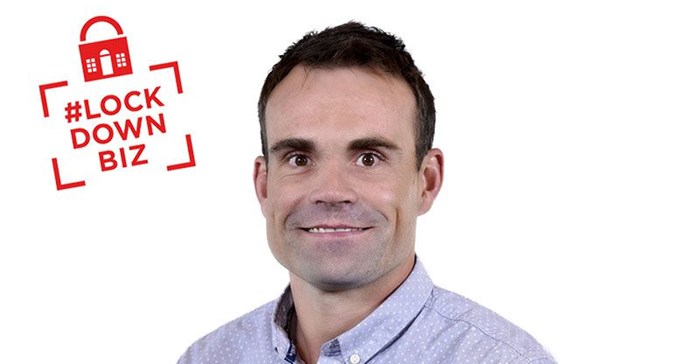
Top stories
More news




















Armond Boshoff: Our initial response to the crisis (pre-lockdown), was to ensure that our staff, tenants and shoppers remain safe and healthy. This was the most important priority for us. As soon as the lockdown started, and many of our retail tenants could not trade, it became clear that the impact will be far worse than originally expected. The economic effect of the lockdown is severe to tenants and their employees.
Boshoff: Severe. Most of our tenants cannot trade during the lockdown and thus are not able to earn revenue to pay staff and rent. Thus, we are not receiving income as is normally the case, resulting in operational pressures for us. We also have bank obligations to fulfil but with reduced income, it is going to be extremely difficult. I think we are going to be left with many small vacancies when the lockdown eventually ends. The smaller tenants (coffee shop, barber, restaurant, beauty salon etc.) don’t have the working capital to keep going for two or three months. And I don’t think shoppers will go back to normal behaviour straight away, especially as we are going into winter.
Boshoff: We are all working remotely. Our construction projects have come to a complete halt, increasing costs and security which is not ideal. We are also dealing with the tenants and banks daily to find mutually workable solutions during this time.
Boshoff: The challenge is to find solutions that work for all, which is not always easy as parties drive their own agendas. The effects of this lockdown will be with us for a long time still. Obviously, opportunities will arise, and we will be ready!
Boshoff: We ensured before the lockdown that everyone is set up to be able to work remotely. Wifi routers etc. was distributed in time to ensure our productivity remains as high as possible.
Boshoff: I must say – this is a challenge for us! Although video conferencing works ok during this time, we prefer face-to-face meetings. Relationships are key in our business and we prefer to use physical meetings to the extent possible.
Boshoff: Not being able to interact face-to-face we need to adapt and be able to communicate in non-traditional ways. Not ideal though.
Boshoff: Not really.
Boshoff: People are social beings and want to socialise, which they cannot now. I think entertainment aspects in retail centres will be key going forward. I also think office space requirements will reduce in time.
Boshoff: Stay positive and let’s help each other get through this. We are all in this together and we will survive.
Boshoff: Really tough! I think we have a tough 18-24 months ahead of us.
